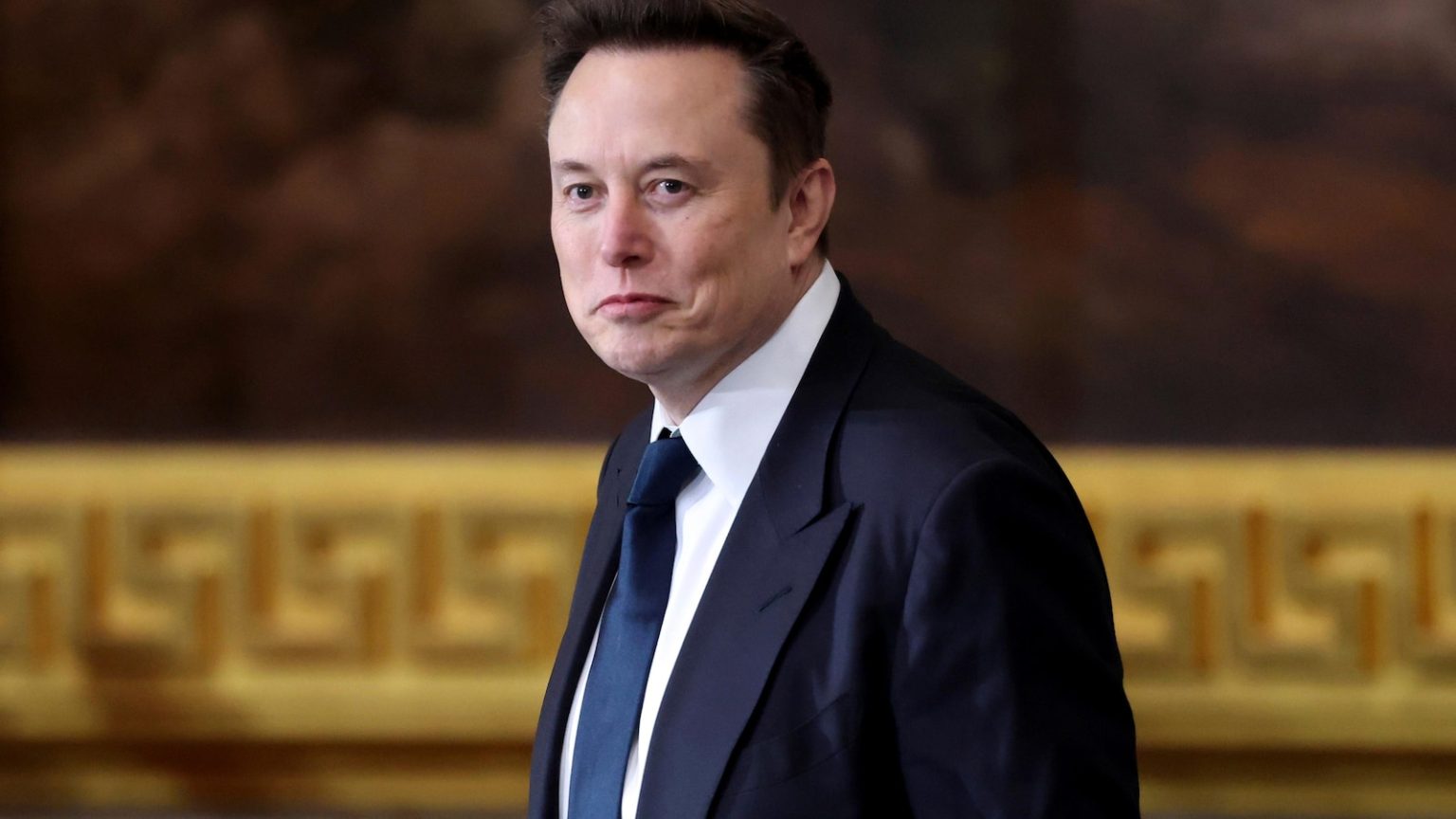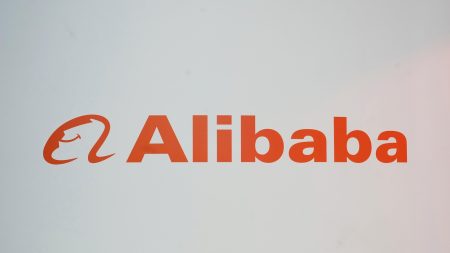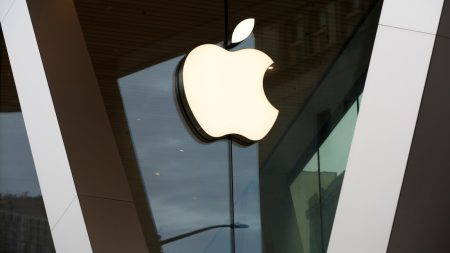The Conflict Between Elon Musk and OpenAI: A Case of Transition and Trust
Introduction: Understanding the Conflict
Elon Musk’s legal battle with OpenAI stems from the company’s decision to transition from a non-profit to a for-profit entity. Musk, an early investor and former board member, claims this shift betrays the company’s founding mission of pursuing public good. His lawsuit alleges that OpenAI is abandoning its original goals, potentially prioritizing profits over ethical AI development.
OpenAI’s Transition: Motivations and Implications
OpenAI’s transition to a for-profit model may have been driven by the need for increased funding to support advanced AI research. Partnering with Microsoft likely influenced this decision, as it provides both financial backing and technological resources. This shift could enable OpenAI to compete more effectively in the AI market, but it also raises concerns about whether the company will prioritize ethical considerations.
Background of the Case: Power Struggles and Missions
The roots of the conflict can be traced back to a 2017 power struggle within OpenAI. Musk’s desire for the CEO role was opposed by other co-founders who feared his potential dominance. This historical tension may contribute to his current dissatisfaction with the company’s direction. Musk has long advocated for cautious AI development, emphasizing safety to prevent existential risks, which might be at odds with OpenAI’s new profit-driven approach.
The Hearing and Legal Proceedings: A Judge’s Perspective
During the court hearing, Judge Yvonne Gonzalez Rogers expressed skepticism about Musk’s claims of irreparable harm. However, she allowed the case to proceed to trial, acknowledging the plausibility of Musk’s concerns. This decision reflects the court’s recognition of the case’s complexity and the need for a thorough examination of the facts.
Broader Implications: Beyond Musk’s Case
The transition of OpenAI is not just a matter of internal governance; it touches on broader issues of AI regulation and ethical standards. Other entities, such as Meta and state attorneys general, are also challenging the transition, indicating a wider concern about the impact of for-profit AI entities on public interest and safety.
The Future of Responsible AI: Navigating Profit and Ethics
The outcome of this case could set precedents for how AI companies balance profit with ethical responsibilities. As AI technology advances, ensuring that development remains aligned with public good is crucial. This legal battle highlights the ongoing debate about the governance and accountability of powerful technologies, urging a thoughtful approach to their growth and application.















